The Fellows of the American Society of Genealogists has awarded four Continuing Genealogical Research Grants for the 2025 grant cycle. This year, the ASG received thirty-two grant applications, plus several more which arrived late, and for which the authors are encouraged to apply in a future cycle. The range and excellence of our top choices is impressive. The ASG deems it an honor to contribute to such scholarship. Being chosen for the ASG grant provides both funding and enthusiasm to complete valuable projects. Here are the four 2025 grant recipients:
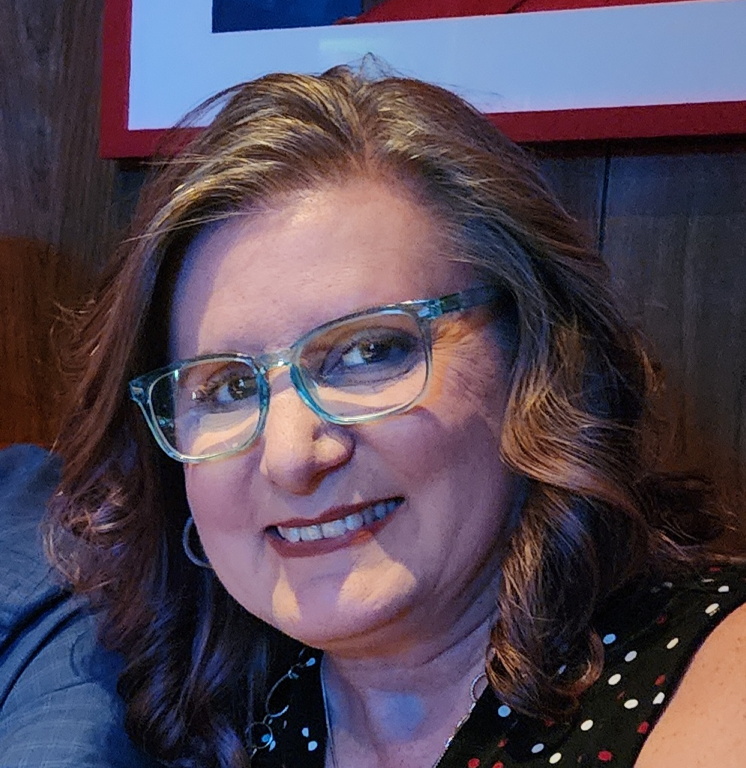 Michelle Tucker Chubenko: “A Genealogist’s Guide to Austrian Land Cadastres for the Crownland of Galicia.” Around the year 1900, many Austro-Hungarians entered the United States, but when the U.S. declared war in 1917, all 3 million U.S. residents from the empire were declared enemy agents. Tracing their origins now is aided by precise mapping of landownership and meaningful boundaries. Funds will support transcription in the necessary languages and access to these under-used and little understood Austro-Hungarian records.
Michelle Tucker Chubenko: “A Genealogist’s Guide to Austrian Land Cadastres for the Crownland of Galicia.” Around the year 1900, many Austro-Hungarians entered the United States, but when the U.S. declared war in 1917, all 3 million U.S. residents from the empire were declared enemy agents. Tracing their origins now is aided by precise mapping of landownership and meaningful boundaries. Funds will support transcription in the necessary languages and access to these under-used and little understood Austro-Hungarian records.
 Yvonne Captain, PhD: “The Importance of the African Union Methodist Protestant (A.U.M.P.) Church of Delaware to the African Diaspora.” This well-developed project on African Diaspora and origins of Southwest Louisiana families seeks to connect names with locations in Africa. Dr. Captain will demonstrate how genealogy and university-level scholarship intertwines. Funds will support creation of a museum exhibit, progress on a book length manuscript, travel to Baton Rouge and research on specific families, including the Tisonneau family.
Yvonne Captain, PhD: “The Importance of the African Union Methodist Protestant (A.U.M.P.) Church of Delaware to the African Diaspora.” This well-developed project on African Diaspora and origins of Southwest Louisiana families seeks to connect names with locations in Africa. Dr. Captain will demonstrate how genealogy and university-level scholarship intertwines. Funds will support creation of a museum exhibit, progress on a book length manuscript, travel to Baton Rouge and research on specific families, including the Tisonneau family.
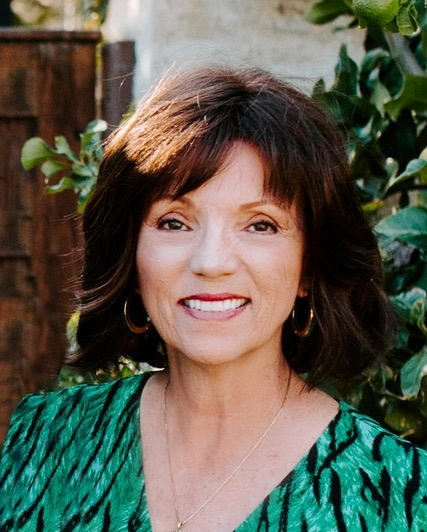 Kahealani Martins Curammeng: “Portuguese Heritage in the Hawaiian Kingdom.” This mature program (already over 44,500 entries on over 20,000 Portuguese who came to work Hawaii fields, 1878–1913) will concentrate on earlier arrivals who were less documented than later ones. Ms. Curammeng previously published They Came in Ships to Terra Nova (Legacy, 2023, 308 pp.). Her team project is a 501c3 non-profit. Funds will support research and the creation of a digital archive and interactive presentations.
Kahealani Martins Curammeng: “Portuguese Heritage in the Hawaiian Kingdom.” This mature program (already over 44,500 entries on over 20,000 Portuguese who came to work Hawaii fields, 1878–1913) will concentrate on earlier arrivals who were less documented than later ones. Ms. Curammeng previously published They Came in Ships to Terra Nova (Legacy, 2023, 308 pp.). Her team project is a 501c3 non-profit. Funds will support research and the creation of a digital archive and interactive presentations.
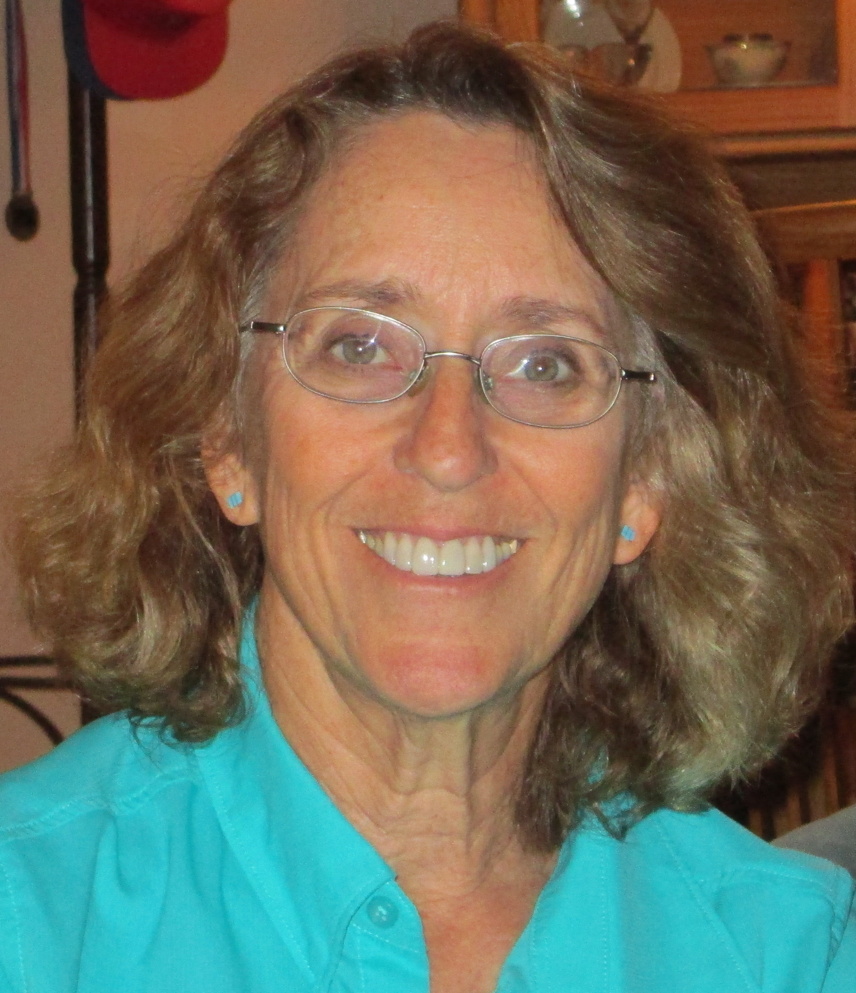 Emily H. Garber: “American Jewish Genealogy: From the Past to the Future.” This project is a timely synthesis of Jewish genealogy perspectives to be gained through an inspired, focused collection of interviews with leading scholars and study of papers of very senior contributors to the field, including those of Rabbi Malcolm Stern, FASG. Funds will support travel, access, and research on this well-defined project.
Emily H. Garber: “American Jewish Genealogy: From the Past to the Future.” This project is a timely synthesis of Jewish genealogy perspectives to be gained through an inspired, focused collection of interviews with leading scholars and study of papers of very senior contributors to the field, including those of Rabbi Malcolm Stern, FASG. Funds will support travel, access, and research on this well-defined project.

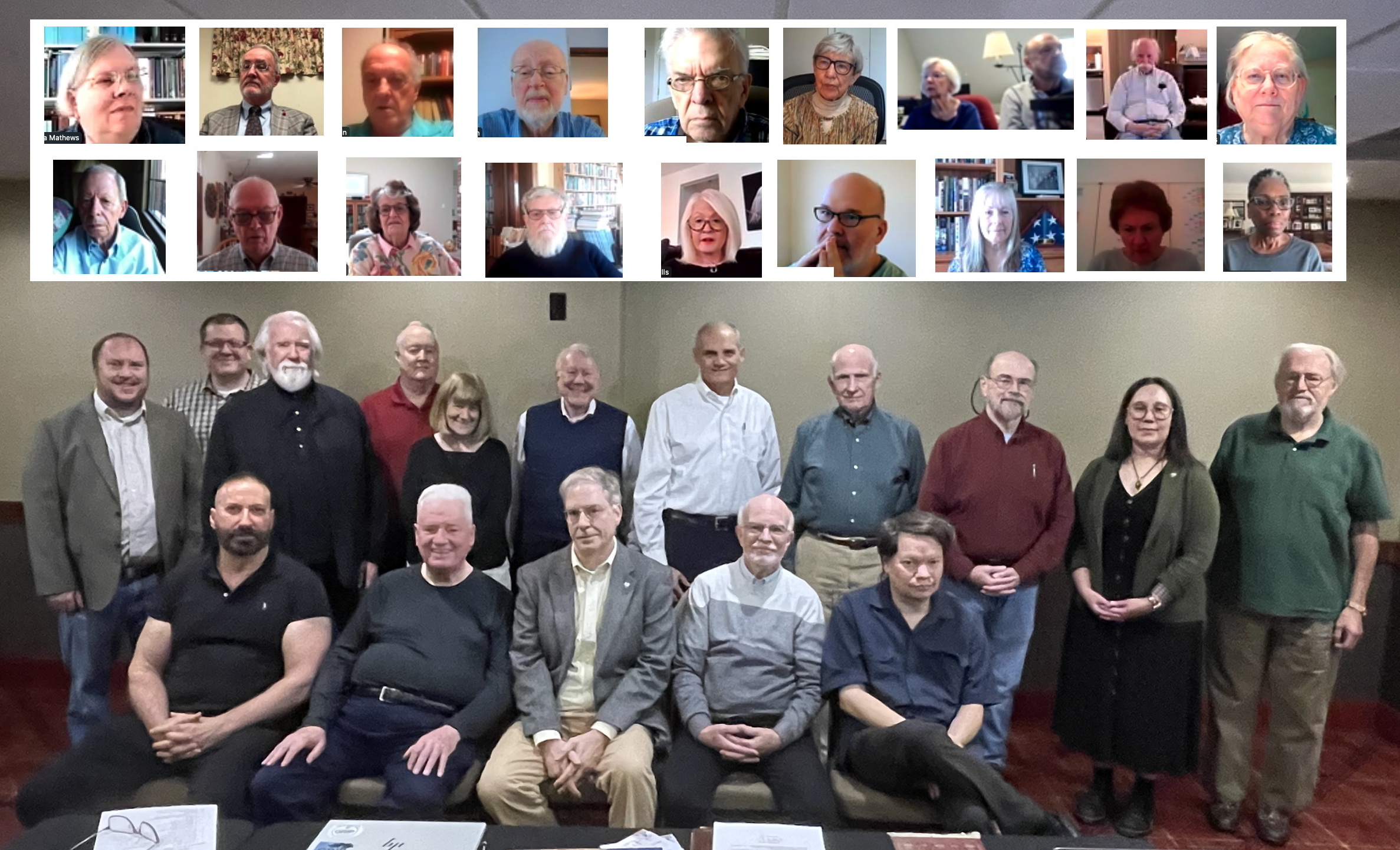
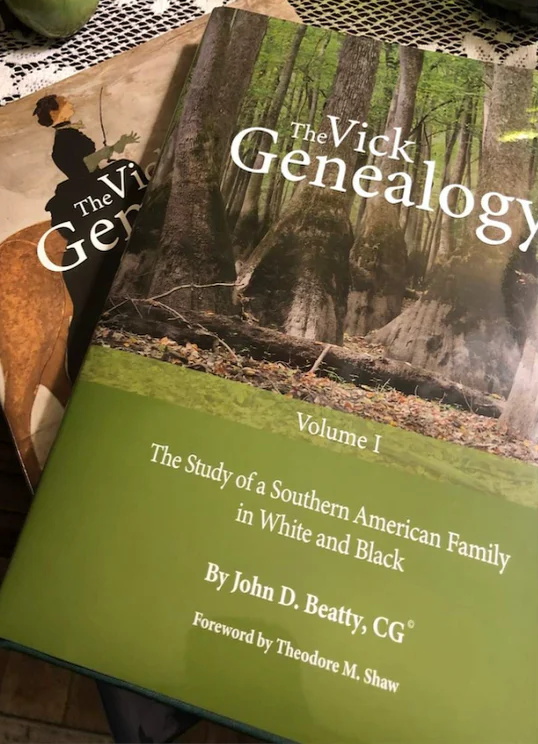 At the Annual Meeting of the American Society of Genealogists on October 26, 2024, the Society voted to present the Donald Lines Jacobus Award to
At the Annual Meeting of the American Society of Genealogists on October 26, 2024, the Society voted to present the Donald Lines Jacobus Award to